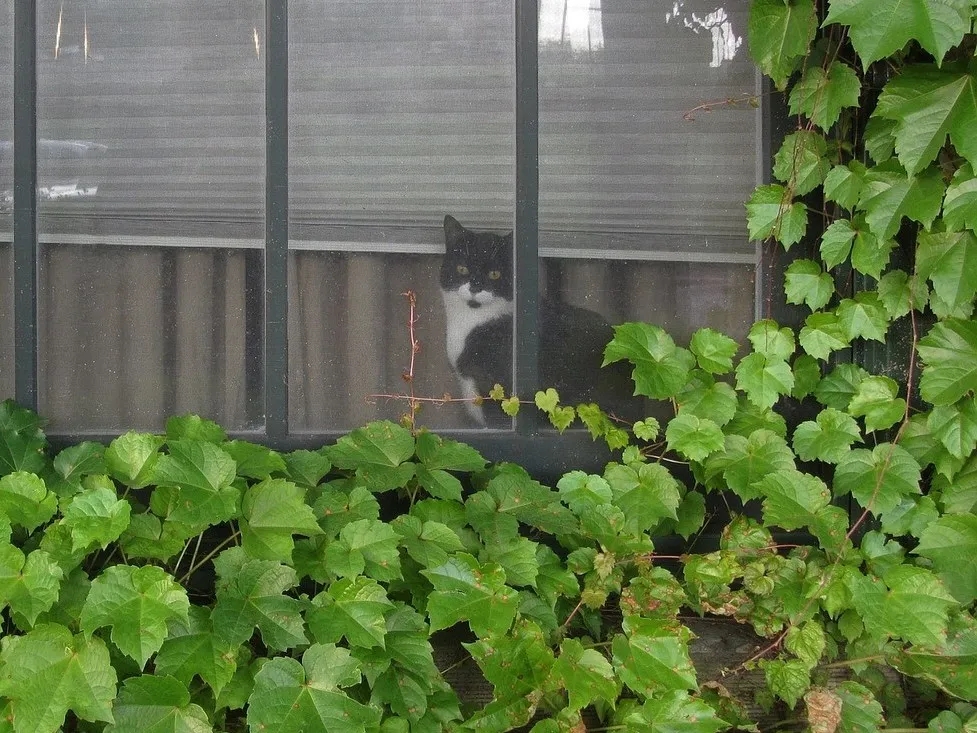Are Indoor Cats Safer, Yet Less Happy?
Animal behaviorists, animal welfare organisations and experts are advocating that cats be kept permanently indoors to increase their chances of living longer, healthier lives by being shielded from external dangers without experiencing physical, mental or behavioural consequences. According to the Humane Society of the United States (HSUS), an indoor cat can live four times longer compared with its outdoor counterpart; Australia’s RSPCA coined a catchphrase “Safer at Home Don’t Let them Roam”, also referring to this procedure as cat containment”. But does this act merely impose our preferences rather than acting in what best serves our animal’s best interest?
One of the best gifts we can do an outdoor cat is to bring it inside permanently – whether or not the cat agrees. By keeping our cats inside we protect them from being killed in road accidents, irritating neighbors, being attacked by other cats or animals, being trapped, contracting diseases and getting lost; all of which are practical and sensible reasons; especially in countries such as Australia or New Zealand where no choice may always exist other than keeping them contained.
Problematic felis catus or domestic cat species has grown increasingly complex over time, leading to numerous categories or species being recognised.
Cats come in all forms: exterior-only cats; indoor-only cats; free to go cat; inside cats occasionally caged outside for some R&R time – these four categories represent some common scenarios of ownership for felines.
Some cats resist containment. According to experts, some cats often resist being kept indoors, often mewing and howling, trying to escape through open windows and doors or meowing for freedom every chance they get, leading to distress among owners. When this occurs it is recommended that we do all we can to entertain them or put them temporarily into outdoor cages or enclosures to satisfy their desire for freedom – this seems contrary to the presumption that cats kept indoors experience no mental or behavioral ill effects.
Indoor cats face unique risks that include falling to their deaths from balconies or open windows; in many countries undergoing painful operations to declaw their claws is also an unfortunate reality.
An indoor cat is certainly safer, but whether they find happiness is still up for debate.
Realistically most cats prefer living indoors by choice and many possess nervous and timid personalities which makes confinement less of an issue; yet their nature dictates they roam or at least have the option of going out and coming back when desired. We would all feel safer staying indoors but as has been demonstrated through Covid-19 pandemic lock downs it may not necessarily benefit mental and physical wellbeing; so we cannot know for certain how it would impact cats.
What is best? A cat’s lifestyle will depend entirely on its owner. Depending on whether they reside in an inner city high rise apartment or rural house, their lifestyle could change significantly depending on what options are available to them. All cats are individuals so the most beneficial approach may be getting to know your cat before forcing our choices upon him/her; learning their character and preferences first before forcing our own lifestyle onto them could prove more successful in making your cat happy than suggesting they be kept permanently indoors or caged permanently as may be too much too soon!

